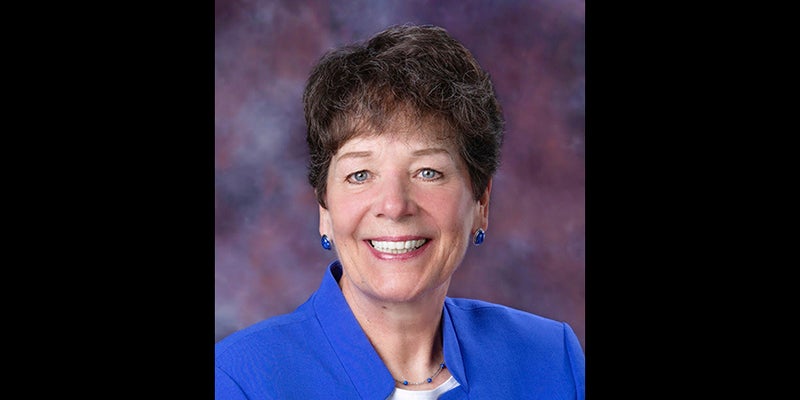Local minimum wage hikes emerge as Capitol sticking points
Published 8:47 am Friday, April 26, 2019

- Restaurant workers marched to a rally in front of St. Paul City Hall in September 2018 calling for the city to include a tip credit in an expected municipal minimum wage hike. Tim Nelson | MPR News 2018
By Brian Baskt
MPR News/90.1 FM
The $15-an-hour minimum wage ordinances in Minneapolis and St. Paul are emerging as a probable sticking point at the state Capitol because those and other city-imposed workplace rules will be part of the Legislature’s end-of-session bargaining.
Minneapolis passed its ordinance almost two years ago for an eventual $15 minimum wage. St. Paul followed last November.
The battle has been playing out in the courts ever since. Opponents of the Minneapolis standard recently asked for state Supreme Court review of a March defeat in the Court of Appeals. If justices decide in coming weeks to take the case, there’s little chance they’d render their verdict before the Legislature goes home for the year.
In the meantime, Republicans in the Legislature are trying to erect a new roadblock.
“We think it’s a mistake to have a patchwork of bills across the state,” said Senate Majority Leader Paul Gazelka. “Lots of small businesses have more than one location. It’s hard to navigate different sets of rules all across the state.”
Gazelka, R-Nisswa, said his caucus plans to fight hard to prevent cities from adopting minimum wages higher than the state standard. And for those that have done so already, the measure wouldn’t allow them to enforce or administer the ordinances. The preemption also covers ordinances imposing time off or shift-scheduling regulations on employers.
The provision is part of a broad Senate budget bill set for a vote next week, meaning it will likely make it to final negotiations in May.
The Democratic-led House took a position Wednesday against an almost identical plan when House Republicans unsuccessfully tried to put it into a budget bill.
Rep. Jeff Backer, R-Browns Valley, likened the pay-and-benefit rules to chains on small business.
“With these type of situations, we’re driving entrepreneurs away,” he said. “And let’s face it: When entrepreneurs take risks, then they hire people and then that helps us all.”
Democratic House Majority Leader Ryan Winkler of Golden Valley wasn’t buying it.
“Doom and gloom. The sky is falling,” Winkler said in a dismissive tone. “It’s the same debate that we had on the minimum wage in 2013-14. And you know what happened? Employment is at an all-time high and wages went up — especially for people at the very bottom.”
Minnesota’s minimum wage is $9.86 for large employers and about $8 for smaller companies. It rises with inflation due to a law change five years ago.
The Minneapolis minimum wage is currently higher, and the first businesses will reach the mandatory $15 in 2022. St. Paul’s phase-in is slower for all but the biggest employers and won’t be universal until 2027.
“We want our cities to stand up and guarantee living-wage jobs and jobs with dignity for all working people,” said Celeste Robinson, who was part of a group called 15 Now Minnesota that campaigned for the local wage laws.
Robinson makes less than $10 an hour working as a waitress in St. Paul. She sees the effort to undercut the ordinances as a personal affront.
“This is sort of an underhanded grab at trying to block a policy that has shown time and time again to be popular, legal and effective,” she said.





